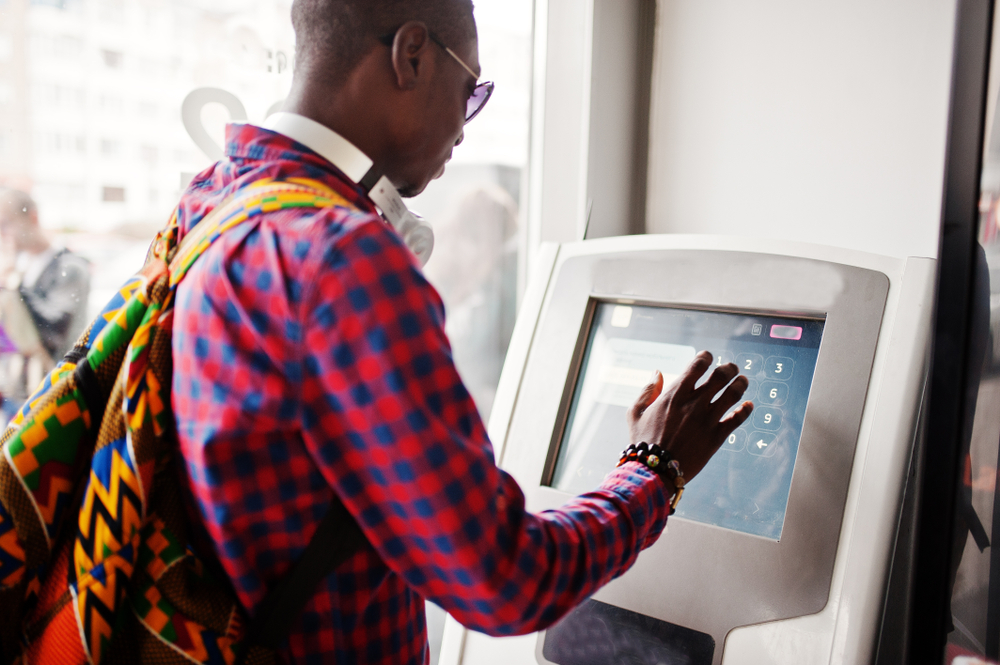Mayor Michelle Wu and the city of Boston recently awarded grants to 25 community-led organizations focused on supporting Black men and boys.
As part of their Black Male Advancement initiative, the city dedicated $100,000 to nonprofit organizations with each organization receiving up to $7,500 in support. With the grants, the city’s aim is to help the Black male community recover from the COVID-19 pandemic by funding Black-led organizations that focus on helping the community with financial advice, business ownership, mentoring and civic organization, according to their press release.
Using the grants, the nonprofits will be able to expand their services, offering more mental health services and artist development programs. Amongst the 25 organizations that are being funded are “Beat the Odds,” a program that helps the youth develop art skills; “Boston Chargers,” a youth football team that also offers financial help; “Young Man with a Plan,” an organization that offers college and career advice, health advice, financial advice and art programs, as well as “Yardtime Entertainment,” a program that helps men from marginalized communities with mental health.
“Black male advancement stood on principles by prioritizing and supporting grassroots organizations that ensure our community has the necessary resources,” said Derrel Weathers from Voices of Liberation, a program that helps BIPOC men with career development and personal growth, in a statement. “With this grant, we are expecting to assist 200 more people through our program. For liberators like myself, this grant was a blessing and will be my first time out of over fifty events in two years that we will have money to work with.”
Led by executive director Frank Farrow, the Black Male Advancement commission was created this year as a way to address the racial disparities that Black men and boys are faced with in Boston. Through the initiative, the city aims to provide them with resources to combat issues such as education gaps, wealth gaps and racism in healthcare.
Reports have shown that these issues exist in Boston not only for Black men but for Black people as a whole. Although Boston is made up mostly of BIPOC residents, it’s still known as one of the U.S.’ most segregated cities and, as Massachusetts residents, Black families have reported having health insurance issues at higher rates.
In a 2021 report by the Center for Health Information and Analysis, more than a quarter of Black families reported having left health issues unresolved because of costs and only 78% of Black families reported having continuous health coverage for appointments- a substantial difference from white families as more than 90% said that they were able to access continuous health insurance.
Education and career disparities have also contributed to a large wealth gap in Boston. According to a recent report by the Samuel DuBois Cook Center on Social Equity at Duke University, white households record an overall $247,500 median wealth while Black households in Boston record a median wealth that’s only 5% of that of white households at $12,000.
“As a Black man raising two Black boys in this city, I want my sons to have every opportunity and every resource available to them,” Farrow said per the Boston Globe upon his appointment to the initative. “So the narrative’s no longer needed for Black men and boys to be resilient, or strive to be better.”








